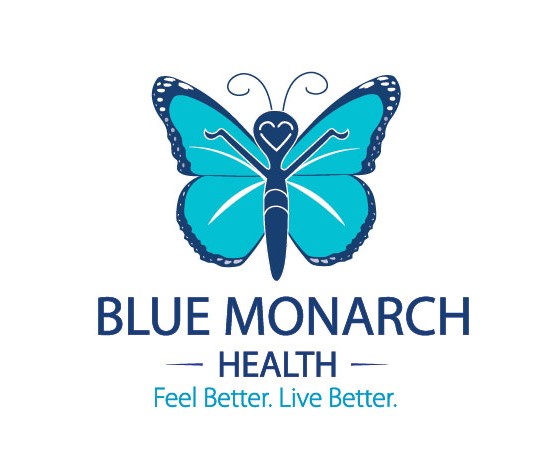Learning new things like, a new language, playing the guitar or taking up drawing can strengthen the connections between your brain’s nerve cells. Even participating in leisure activities like reading books, a trip to a museum, & writing letters protect your brain from amyloid protein buildup. Keeping your brain engaged by learning new things even improves your memory- and who doesn’t want to remember where they put the keys?!
Is an Elimination Diet for You?
You’ve heard the term Elimination Diet, but aren’t sure if it’s for you. After coaching hundreds of people through the Elimination Diet process, we’ve created a list of common themes that describe why our awesome clients decided to change their life by discovering how food really affects them!
We bet some of these client’s thoughts, questions and comments have crossed your mind too. Read on to learn more. And when you are ready to take action, join our next online Group Elimination Food Plan, that starts soon!
Three Easy Tips to Clean up your Pantry for Brain Health
Cleaning up your pantry for brain health is one simple and actionable thing you can do to nourish your brain and body. Plus, your ability to make nourishing food choices is one of the most effective Lifestyle Strategies you have.
You make multiple food choices throughout your day- breakfast, lunch and supper come to mind. These important choices can lead you to a life filled with vitality, clarity and a powerfully functioning brain, or lead you to a life filled with fatigue, brain fog, and an overall lack-luster appearance and mood.
Cleaning up your pantry for brain health in this way will help you reduce toxins and inflammation at your cellular level and keep your cells functioning with clarity and strength!
Alright, let’s clean up!
Eat from the Rainbow to Build Brain Health
Ways to Prevent Dementia
Let’s illuminate seven different Lifestyle Strategies that are scientifically proven ways to prevent dementia. Lifestyle Strategies are fancy words that mean the behaviors and habits you do, or don’t do on a daily basis. Your daily habits and behaviors can enhance and protect your brain and body health, giving you the power to BUILD Your Brain Health and live life with vitality!
Epigentics Gives You a Say in Your Brain Health Destiny
Scientists now know that although you can’t change the genes you were born with, you can control how the genes express themselves by your daily behaviors, or your lifestyle. Lifestyle choices can help you protect your brain health.
This newer science is called epigentics, and you have a say in your health destiny!
Healing Rituals
Healing Rituals are self-imposed decisions to take action and tend to feelings of fear, apprehension, discontent, anger or sorrow, instead of squashing them deep into your soul. They are a mechanism to release feelings and to honor your body, mind and spirit with gentle attentiveness and care.
You can create your own Healing Ritual, and perhaps you already have one or two to use to ease the dis-ease of less than perfect situations. Or perhaps you need some inspiration to create an action to purposefully care for yourself.
I asked some dear friends for examples of Healing Rituals, and here’s what they shared.
Loneliness and Isolation
In our ever-changing world filled with social media, texting, computers, devices, on demand, television, news, fake news, alerts, Information pushes, and constant stimulation it is difficult to re-connect with ourselves and others, even though we are in contact with others throughout our day. And when we link the potential negative impact loneliness and isolation can have on our health, we must take proactive steps to ensure we acknowledge our potential risk and mitigate it.
How can we consciously remember our need to be connected and support that need? How do we move from surface connection and extend to deep connection to uproot loneliness and isolation?
Here are 5 tips to consider to begin to re-connect to self and to others and will help mitigate and perhaps prevent diseases of the brain and body.









